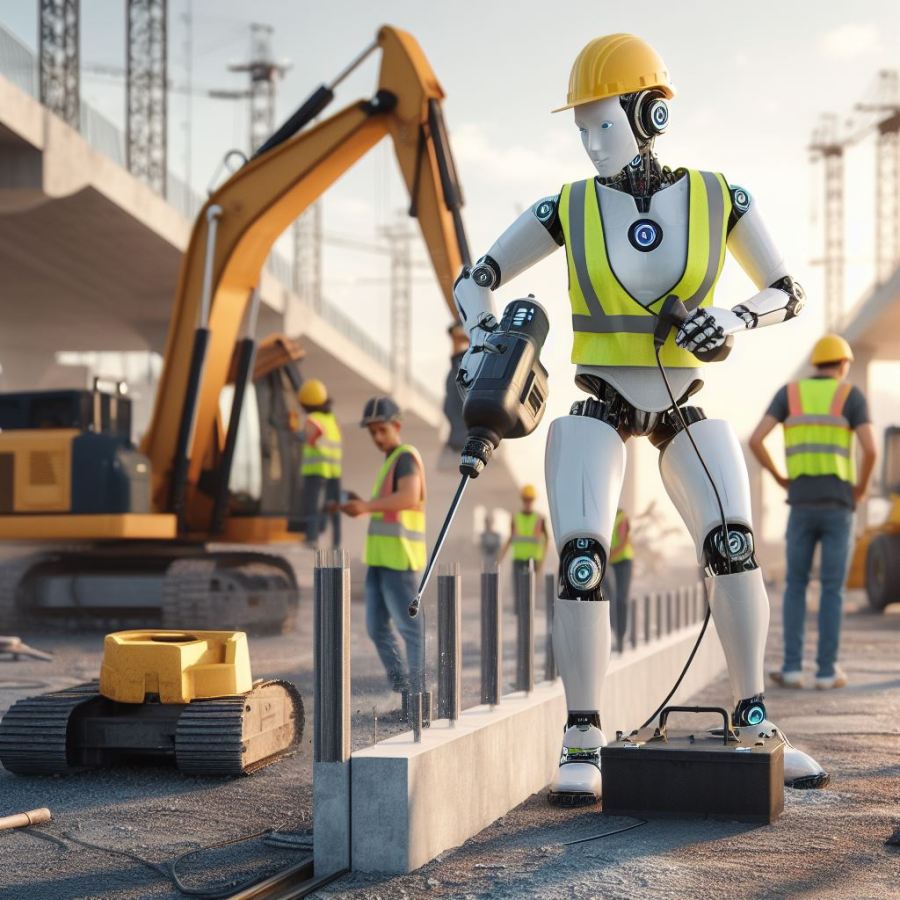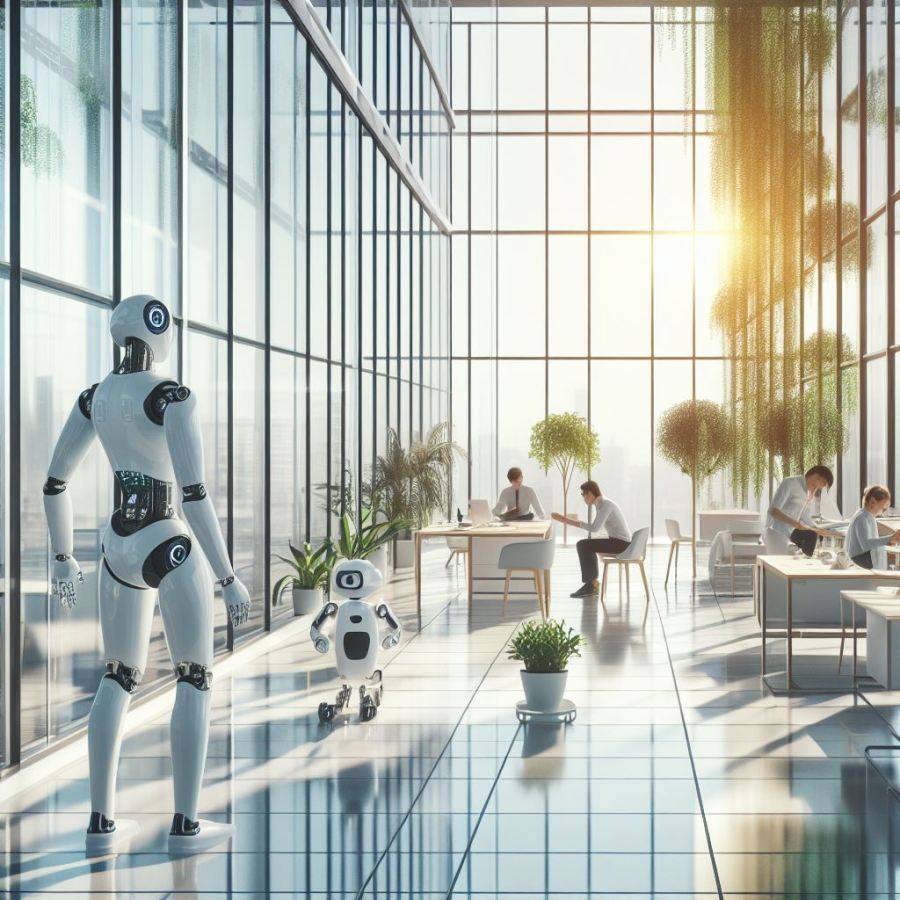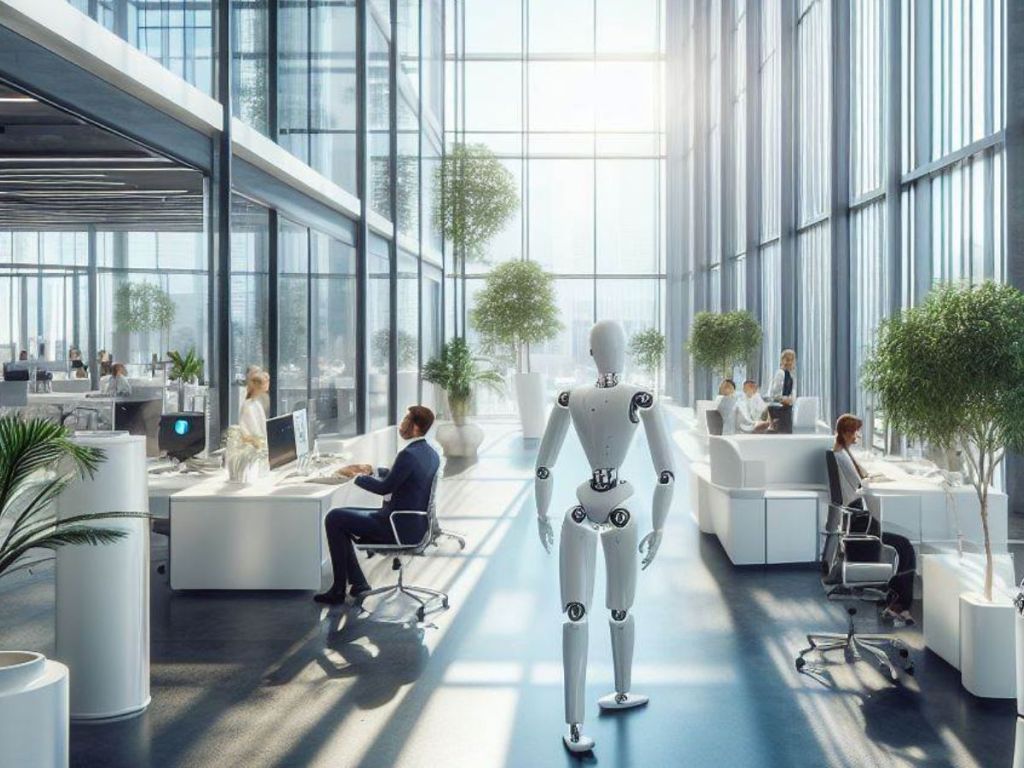The future of work is changing rapidly. AI is getting all up in our grill and is set to make huge changes to our work. Here is what a HR expert says we are facing in the coming 12 months.
Miriam Connaughton is Simpplr’s Chief People Officer, and this is her road ahead in the future of work.
Prediction 1: Easy on the artificial intelligence
Pent-up demand for movement in the job market, built up over several years, will be exacerbated by the explosion of AI in certain industries and skill sets. It is important to make a gradual transition when using AI to augment or replace employees’ capabilities rather than an overnight change.
The anticipated surge in job market movement, amplified by AI’s growing influence in various industries, suggests a dynamic shift in workforce requirements and skills. HR professionals should focus on upskilling and reskilling initiatives to prepare the workforce for these changes.
HRs should also adopt a phased approach to integrating AI into the workplace, ensuring that employees are adequately trained and supported during the transition.
HR’s role will be crucial in managing the balance between leveraging AI for efficiency and maintaining a human-centric approach to workforce management. This involves clear communication about AI’s role, its impact on jobs, and providing reassurance and support to employees navigating these changes.

Prediction 2: Artificial intellignce will become a bigger deal
AI remains a big trend in the workplace, with organisations leveraging it primarily for productivity gains. We’ll see more organisations deploy AI to enhance the employee experience and improve HR service delivery while also using it to predict and resolve turnover challenges.
We will see more discussion and legislation around AI in the workplace, due to privacy and confidentiality concerns.
The continued trend of AI in the workplace, primarily for productivity enhancements, requires HR to adopt a dual approach.
On one hand, HR should explore and implement AI tools that can improve HR service delivery, enhance the employee experience, and provide predictive insights into turnover and engagement challenges.
On the other hand, they need to be proactive in addressing the legal and ethical implications of AI, especially concerning privacy and data security. This involves staying informed about emerging legislation and ensuring compliance with regulatory standards.
HR professionals must also focus on transparent communication about how AI is used in the workplace and its impact on employees, fostering a culture of trust and ethical AI usage.

Prediction 3: Keeping staff and AI
Retention will become a bigger priority in 2024 as anxiety about current and future economic conditions continues to linger and impact talent turnover.
To mitigate the impact of these conditions on employee turnover, it’s crucial for HR professionals to enhance their focus on the employee experience (EX).
This approach involves implementing flexible work options, establishing clear career progression opportunities, offering competitive benefit packages, and providing robust employee wellness initiatives.
Additionally, a significant emphasis should be placed on aligning the company’s talent brand with its internal culture and values. This alignment, coupled with effective internal communication and active listening to employee feedback, is essential.

When employees perceive a genuine congruence between what the company professes and their actual work experiences, it not only helps in attracting suitable talent but also in reducing staff turnover and fostering higher levels of employee engagement.
This is because employees are more likely to feel valued and understood in an environment that accurately reflects the company’s stated values and culture.





